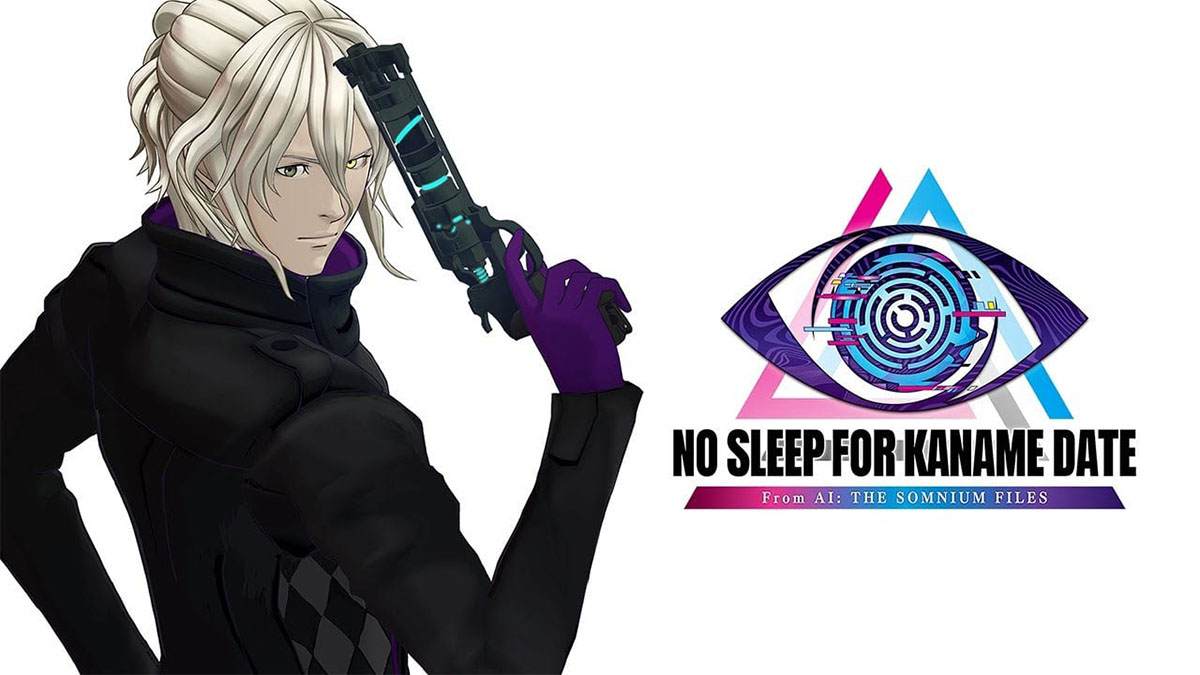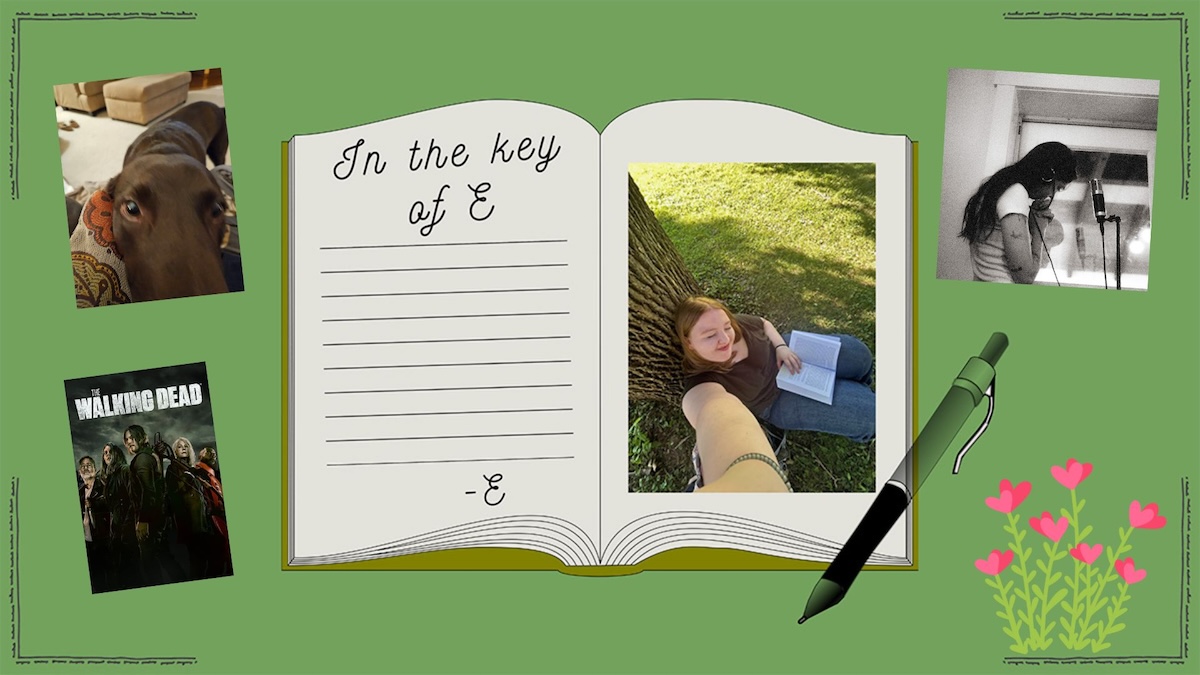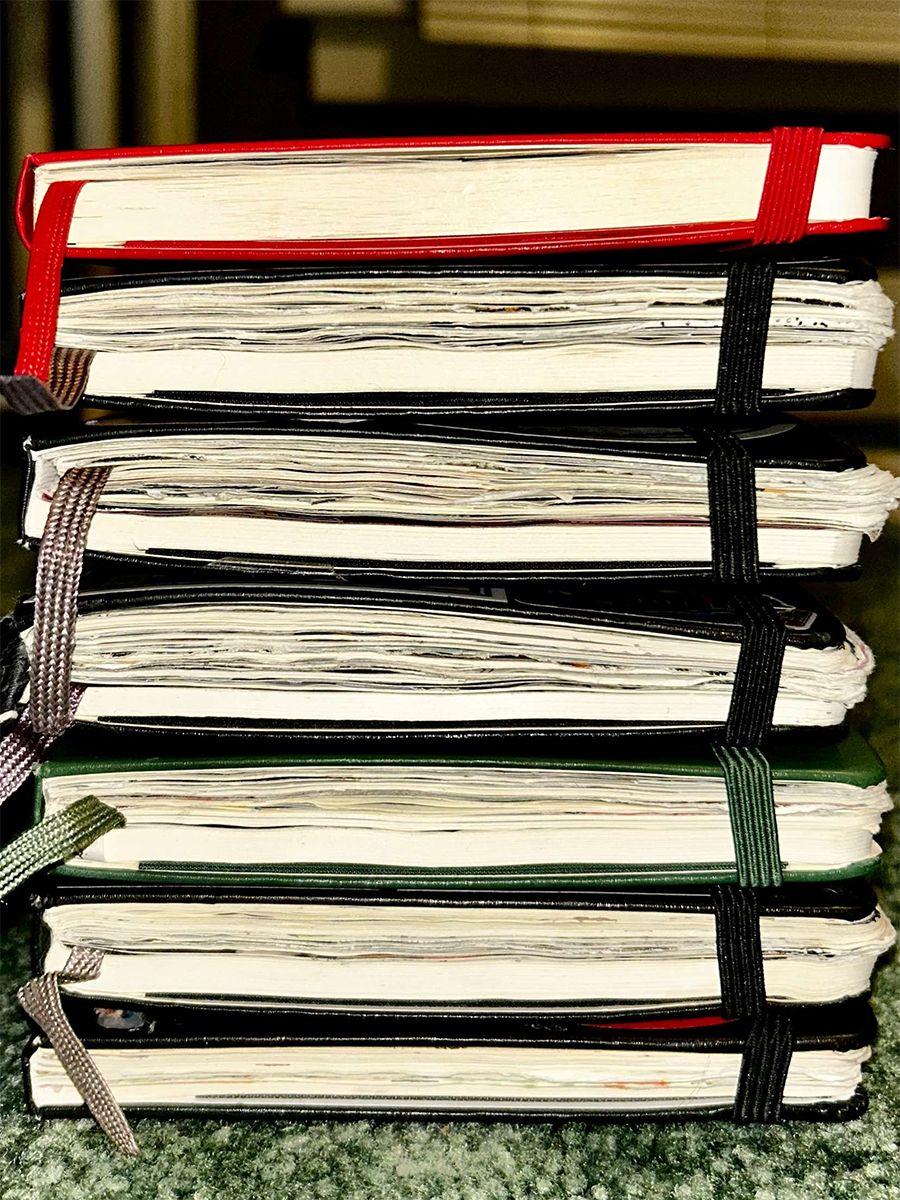Many of The Spectator’s readers participated in a readership survey last semester, which was conducted by editorial editor Lara Luepke and myself.
Those results will be used under my leadership as the new editor in chief of The Spectator this semester to continue providing information in the most effective manner to UW-Eau Claire.
There were two methods used in conducting this research. A sample of 1,000 students, faculty and staff was randomly selected to complete the survey through e-mail. There were 215 surveys completed in the random sample.
The survey was also available via spectatornews.com for anyone to complete. There were 970 surveys completed in the non-random sample. Although the number of participants seems low when compared to the more than 10,000 students and nearly 1,200 faculty and staff, the data received is still important.
Participants were asked to identify themselves by their year or position at the university, how often they read The Spectator and how thoroughly they read it each time.
With that information, we were able to determine who is reading the newspaper and how readers rate the overall quality of The Spectator. The results from the readership survey show that most of the readers who have been at Eau Claire for more than a year read the newspaper more often and rate the quality as good or very good. In the random sample, about 60 percent of participants stated they read The Spectator one to two times a week and rate the overall quality as good.
The results show that as the frequency in which the newspaper is read decreases, so does the overall rating. The non-random sample reflects the same pattern.
The Spectator is a student-produced newspaper, which is free to the public. Students are the primary readers and were the primary participants in the survey, so The Spectator staff will continue serving the students in an appropriate manner.
The opinions voiced on the survey and the overall results were taken into account when planning the goals of The Spectator this semester. This publication will serve as an open forum for readers to voice their opinions and concerns. The Spectator will also continue to inform students of important events and whatever else readers feel they need from a newspaper.
In this first issue, there are a few changes. The first and major change is the combining of the Details and Spotlight sections, which is now the Showcase section.
The Showcase section will seek to cover topics in a matter in which it implies: entertainment in the area, extracurricular activities and other issues will be showcased in this improved section. Readers will also find their old favorites. There will still be a crossword puzzle and an advice column.
Other sections will continue their original format. The general news section, however, will expand its boundaries to include more local, state and national news that affects students, staff and faculty.
The spring semester at Eau Claire will be full of several important news events. The looming state budget deficit will bring about many changes for students across the state. The new governor has also made his selection for the UW System Board of Regents, which is responsible for setting the salaries of all UW chancellors and the tuition for each school.
In Eau Claire, five of the city council seats are up for election, including the city council president. There will also be changes in the city as construction will begin on Water Street this summer and many other projects may lose money to compensate for the state budget deficit.
Finally, on the national level, war and politics will once again bring about protests and controversy. Many young men and women are preparing to report for duty around the United States and in the Middle East. Presidential candidates are already stepping up to the plate, while President George W. Bush is planning a war and looking for ways to boost the economy.
Sports, Money and Editorial sections will all remain in the newspaper. As Eau Claire begins another semester, The Spectator will continue its obligation to its readers.
Letters to the editor are always welcomed, along with story ideas and corrections. The Spectator staff and myself look forward to working for all of its readers during the spring semester.







